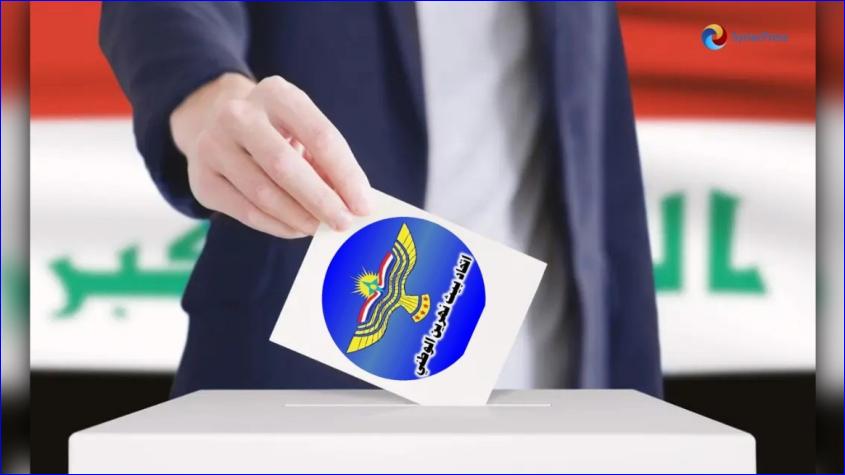


The decision affected Issam Behnam Matti, the Chaldean-Syriac-Assyrian candidate representing the Christian quota in Nineveh Governorate. Matti Yakub, district mayor of Hamdaniya until earlier this year when he was replaced by a candidate affiliated with Rayaan Kaldani, was barred for allegedly violating Article 7 (Fifth) of the amended Iraqi Council of Representatives Elections Law No. 12 of 2018.
Similarly, Sargon Lazar Sliwa Koral, the Christian representative in Kerkheslokh (Kirkuk) Governorate, was excluded under Article 7 (Third) of the same law, citing failure to meet "good conduct and behavior" requirements.
The Commission also upheld the disqualification of Burhan al-Din Ishak Ibrahim, the Assyrian Patriotic Party candidate for the Christian quota in Arbil Governorate due to an existing criminal record.
Despite formal appeals against the exclusions, the Commission upheld its decisions, deepening concerns over the transparency of law enforcement, particularly regarding subjective behavioral standards or procedural violations.
Observers warn that such rulings could undermine minorities' chances of securing genuine parliamentary representation.
Iraq's Council of Representatives consists of 329 seats, including 9 quota seats reserved for minorities, including Christians (5), Yezidis (1) and Shiite Shabaks.
In this cycle, the Commission approved 5 Christian representatives, some of Chaldean-Syriac-Assyrian background: Baidaa Khidhir Bahnam Yakub, Dureid Jameel Ishoh Simaan, Farouq Hanna Atto Shamoun, Hiba Jirjis Abdul-Ahad al-Qass and Aswan Salim Sadiq Sawa al-Kaldani.
The controversy extends beyond legal technicalities, raising deeper questions about the future of political participation for Iraq's smaller peoples post-2003 and the electoral system's ability to safeguard Iraq demographic and political diversity.

or register to post a comment.